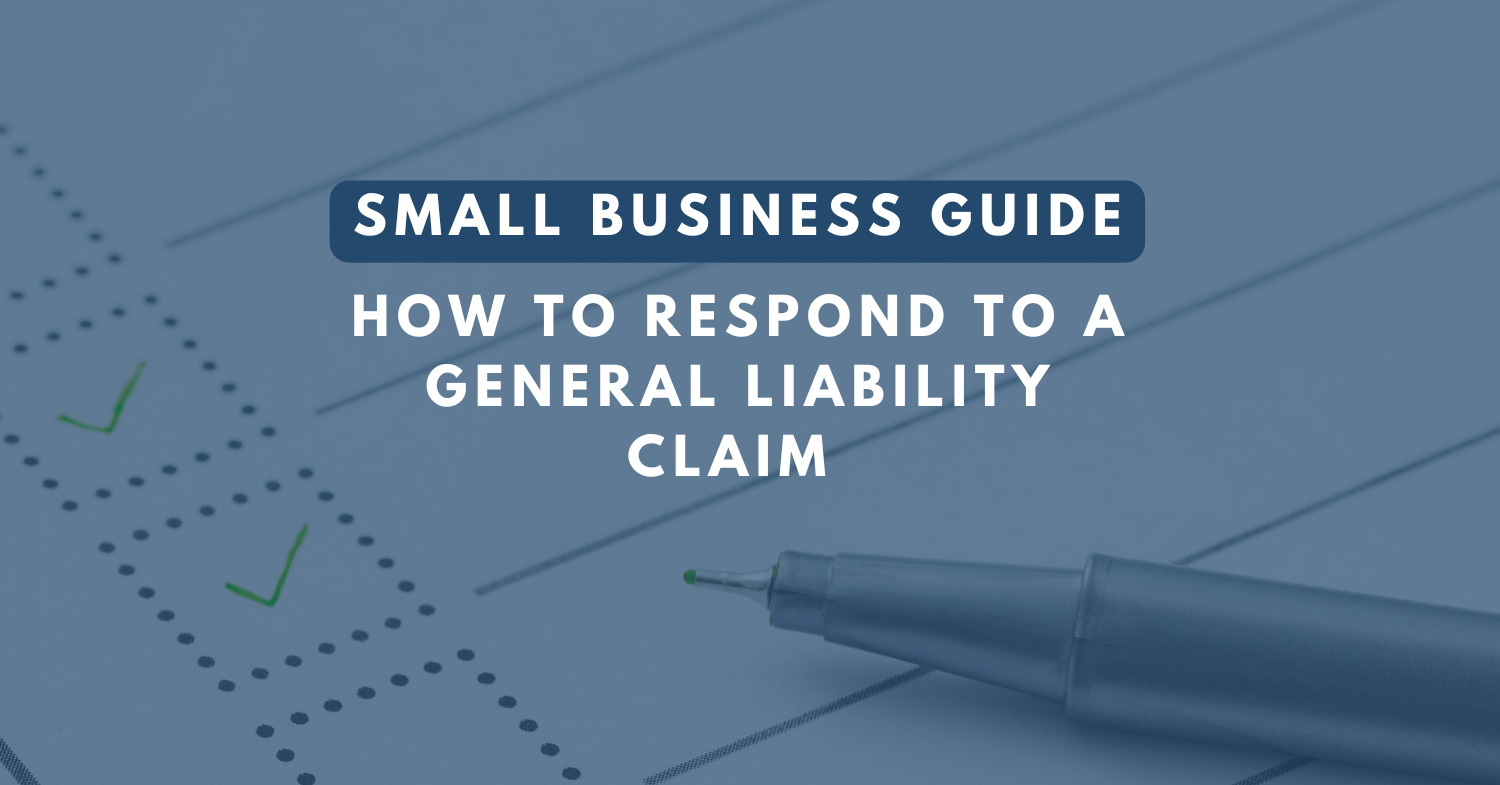Is Workers’ Comp Required for Remote Employees? Explained
See How We're Different
or call us: (858) 384‑1506
If you have remote or hybrid employees, you may be wondering: do I still need workers’ compensation insurance? In most cases, the answer is yes. Here’s why.
Firstly, most states require workers’ compensation insurance, and having a remote workforce does not exempt you from the law. Whether your team is working from your office, a job site, home office, or local café, work-related injuries and illnesses can still occur.
As an employer, it can be challenging to monitor your employees’ work-from-home environment and working habits to prevent accidents and claims. While working from home can be a perk, it also poses occupational safety risks.
Here are examples of common injuries experienced by a remote workforce:
Ergonomics: Working from a hammock may be a popular, romanticized GIF, but a non-ergonomic setup like this can lead to musculoskeletal problems associated with workers’ compensation claims. Back pain, neck strain, and carpal tunnel syndrome are a few examples of conditions caused by non-ergonomic setups like poor/non-adjustable desks and chairs.
For instance, an employee working from home opts to work on their laptop on the couch for months, leading to a repetitive strain injury (RSI).
Mental health. Working alone can be isolating, and an employee may further blur the lines between their personal and professional lives, which can lead to stress and burnout.
For example, a worker has digital access at their fingertips and starts taking on additional work after-hours, blurring work-life boundaries and increasing their stress levels.
Burns and electrical injuries. From overloaded outlets to a malfunctioning space heater or spilled drink, burns can happen, causing injuries to work-from-home staff.
For example, a worker spills hot coffee on themselves and their laptop during a virtual meeting, resulting in a leg burn (and damaged property).
Trips and falls. Sprains, fractures, and injuries can be the result of trips and falls.
For example, a worker trips over power cords while heading to their desk, resulting in an ankle sprain.
Headaches and eye strain. Screen glare, eye strain, poor posture, and stress can all contribute to headaches. Additionally, prolonged exposure to screens without adequate social or physical breaks can lead to burnout or fatigue.
For example, a worker’s home office has a bright window creating constant glare on their monitor. The worker begins experiencing frequent migraines, blurry vision, and light sensitivity.
—
Although this list isn’t exhaustive, it outlines common workplace injuries among remote workers.
In 2025, approximately 28–30% of U.S. workers work from home at least part of the time, according to multiple sources including the U.S. Bureau of Labor Statistics and Gallup. Additionally, remote and hybrid roles attract 60% of all job applications, yet account for only 20% of job postings (LinkedIn, April 2025). Needless to say, remote work is no longer a trend, it’s a shift in how we work.
If your small business supports a remote or hybrid workforce, it’s important to consider adding workers’ compensation insurance to your insurance portfolio. Not only is it a common requirement, it’s also a smart way for you to protect your business from potential medical fees, lost wages, or penalties. Furthermore, it conveys to your team that you value their well-being.
Ready to get a workers’ comp quote for your remote or hybrid team? Get in touch with our team HERE – we’d be happy to walk you through coverage options that meet the needs of your team.
Sources:
Work Comp Insights – Preventing Workers Compensation Claims from Remote Work | Zywave
Remote & Hybrid Work Trends 2025 | Aura
OpenAI. (2025, July 16). What are the most common work-from-home workers comp hazards? [Large language model]. ChatGPT (GPT-4). https://chat.openai.com/







